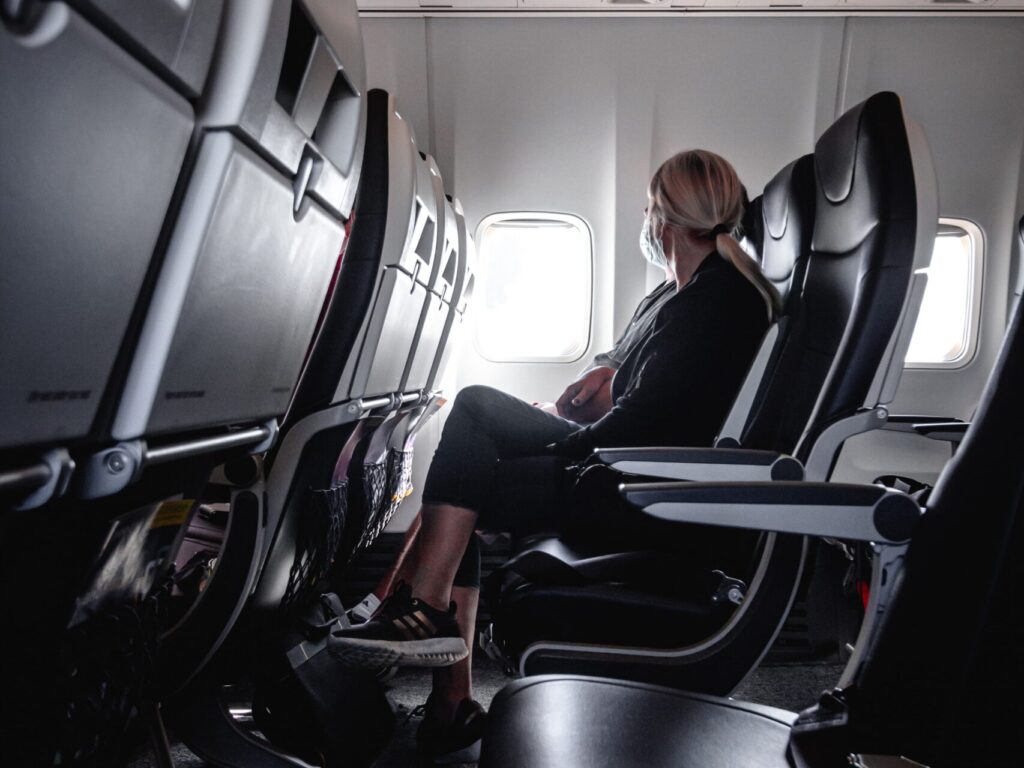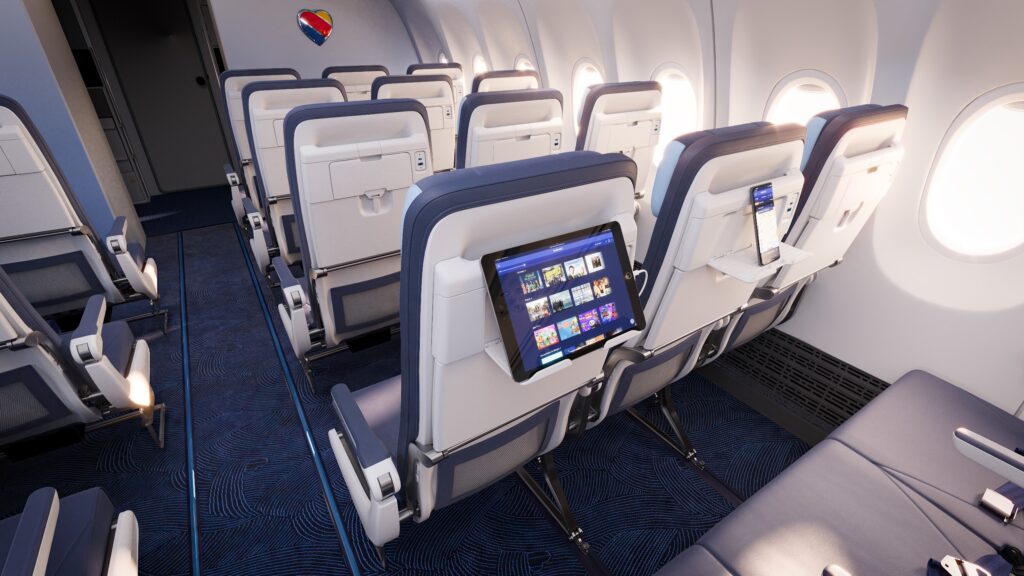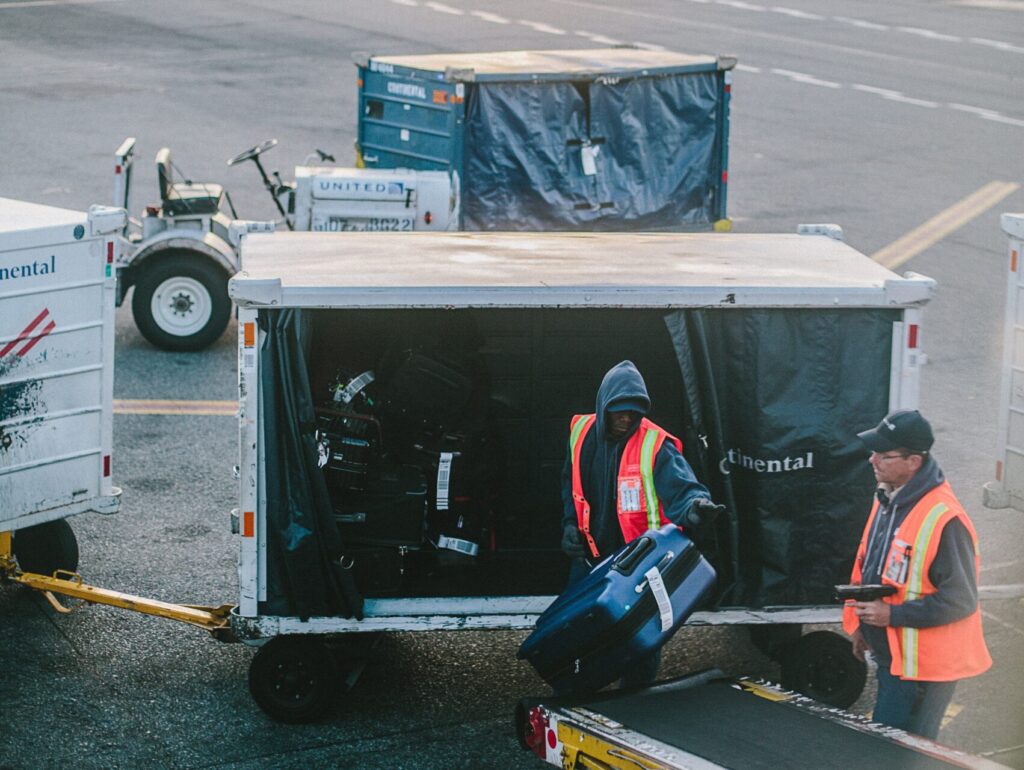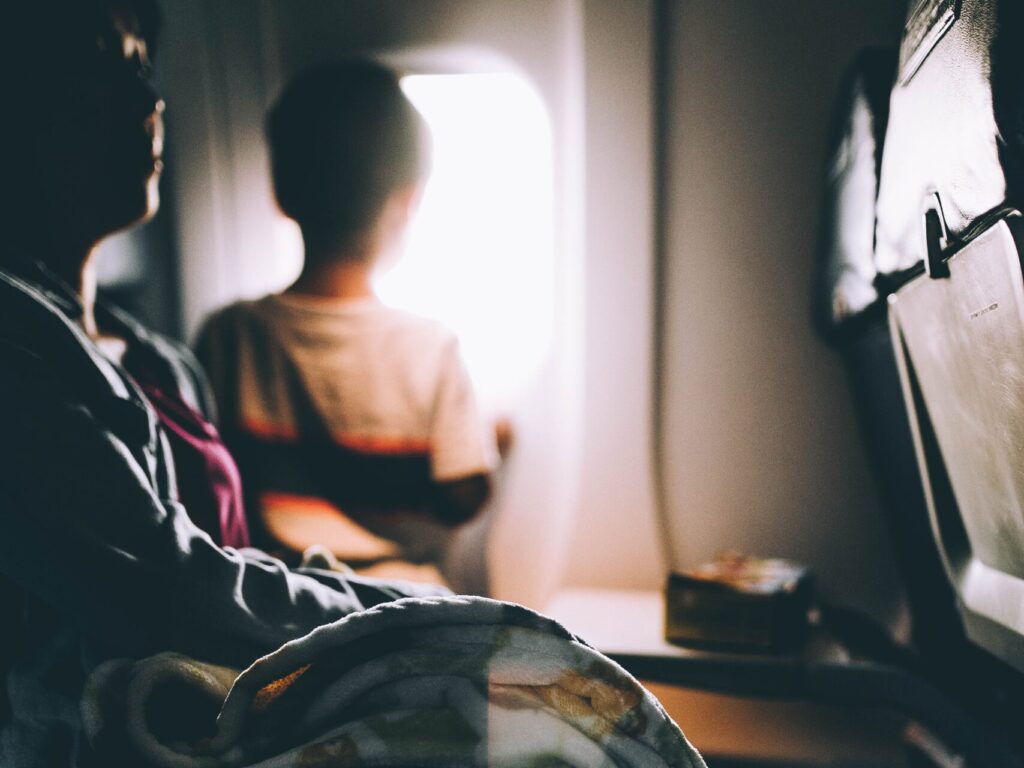Five of the nation’s largest airlines raked in more than $15.7 billion in seat fees between 2018 and 2023, a new Senate investigation has revealed, as it slammed American Airlines, Delta, United, Frontier, and Spirit for nickel and diming travelers with complex and hidden fees.
The report from the Senate Permanent Subcommittee on Investigations was released during the busiest travel week of the year, as 31 million Americans boarded flights to and from Thanksgiving gatherings and getaways.
Unbundling Practice
Many will have paid dearly to reserve favorable seats on the planes, including those with extra legroom, at the front of the cabin or even just next to their families. They may have also shelled out for bags, priority boarding, and in-flight meals. In the most stripped-back fare classes sold by airlines today, the price of the ticket guarantees a traveler only a seat on the plane.

Photo: Robert Penaloza / Unsplash
This pricing strategy, known as unbundling, has become so pervasive across the industry that even Southwest, long known for its free-for-all seating policy, has announced plans to introduce assigned and paid premium seating in 2026 to drum up more revenue.
While consumers associated ancillary fees most with budget carriers such as Frontier and Spirit, legacy airlines are also guilty.
Legroom Charges on Top
The investigation found that United charges the most for extra legroom seats—up to $319—and in 2023 made $1.3 billion from seat fees, more than the $1.2 billion it earned in baggage fees.

Photo: Courtesy of Southwest Airlines
Its competitors aren’t far behind, with hefty fees for seats with a few extra inches of legroom :
- Spirit: up to $299 for extra legroom seat
- Delta: up to $264
- Frontier: up to $141
- American Airlines: up to $140
“Seat fees have grown more expensive and farther-reaching,” the report states. “These five airlines charge passengers extra for additional legroom, aisle, and window seats, or even selecting a seat in advance, compelling parents with minor children to pay to sit together.”
Gate Charge Bonuses
The report also revealed how Spirit and Frontier pay bonuses to staff who catch travelers boarding without paying required baggage fees.
Frontier hands staff as much as $10 for each bag, and they force passengers to check at the gate for between $99 and $115 for the first bag and even more for additional bags. The two ultra-low-cost carriers paid a combined $26 million in these bonuses between 2022 and 2023.
Frontier said these payments are “simply designed to incentivize our team members to ensure compliance with bag size requirements so that all customers are treated equally and fairly, including the majority who comply with the rules.”
The subcommittee report also alleges that some carriers are ducking federal taxes by classing these charges as “untaxable fees.” The report says this disadvantages airlines such as American and Delta, which don’t employ this practice.
Democratized Practices
Airlines For America (A4A), a lobby group that represents the country’s largest carriers, argued that unbundled pricing has “democratized” air travel and allowed “Americans across all income levels to fly.”
“Today, because of the revolution in air travel, nearly ninety percent of Americans have flown. That is because Americans have the power of choice to pay for the services they want and forgo those they don’t,” the group said in a statement.
In a statement, Spirit Airlines, which is currently undergoing restructuring under Chapter 11 bankruptcy protection, insisted it is “transparent about our products and pricing, our airport policies ensure Guests are treated fairly and equally.”

Photo: Courtesy of Calle Macarone / Unsplash
“We comply with all tax laws and regulations,“ the carrier added.
Spirit brought in $2.9 billion from “non-fare“ fees in 2023, 56 percent of the total $5.3 billion it earned in passenger revenue.
The Senate report may be the last mobilization in the lame-duck Biden administration’s war on “junk fees“ in the aviation industry. The administration has implemented regulations requiring airlines to automatically compensate travelers during cancellations and delays.
More Rules On The Way
In August, it proposed a rule that would require airlines to guarantee adjacent seats to families traveling with children under 13. Currently, families are often forced to pay for assigned seats rather than allow themselves to be randomly allocated seats, which may place young children rows away from their parents.

Photo: Courtesy of Christopher Ott / Unsplash
However, another proposed rule, requiring airlines to be more transparent about ancillary fees, hit turbulence over the summer after airlines sued to block its enforcement. A federal appeals court agreed with carriers that the rule was overreach by the Department of Transportation (DOT) and could harm them by confusing customers.
What to Expect?
Trump appointed two of the three judges who blocked the ruling, and it’s widely expected that the returning president will take a more favorable stance toward airlines and other corporations.
“I know that some airline CEOs have expressed hopes that the next administration will be less passenger-friendly and more corporate-friendly than this administration,“ outgoing Transportation Secretary Pete Buttigieg said last week. “The passenger protections that we have put in place deservedly enjoy broad public, bipartisan support.”

